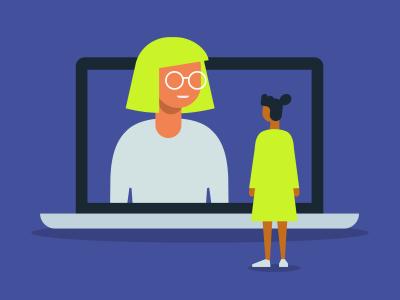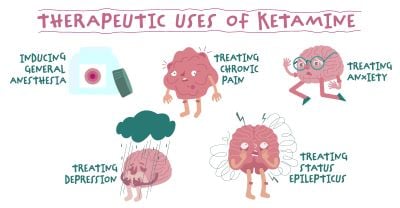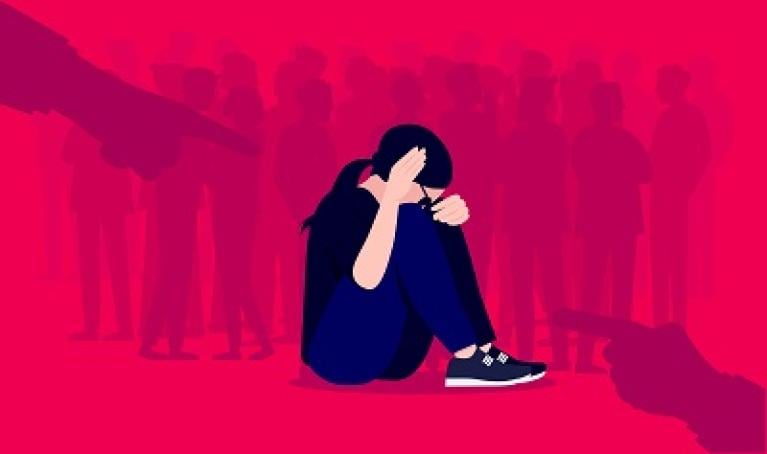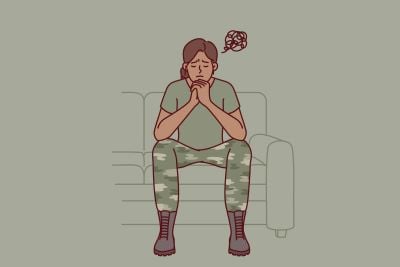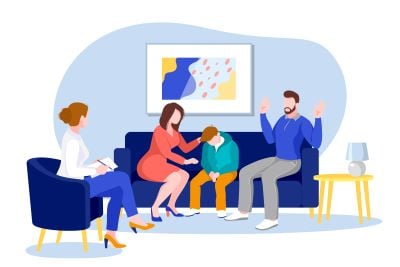
April 25, 2024
Lawrence Amsel, MD
and
This April 25 live CE eligible webinar with Dr. Lawrence Amsel will focus on methods for improving communication and engagement and developing strategies that will avoid common misunderstandings in these clinical situations and improve both clinical efficiency and patient outcomes.

